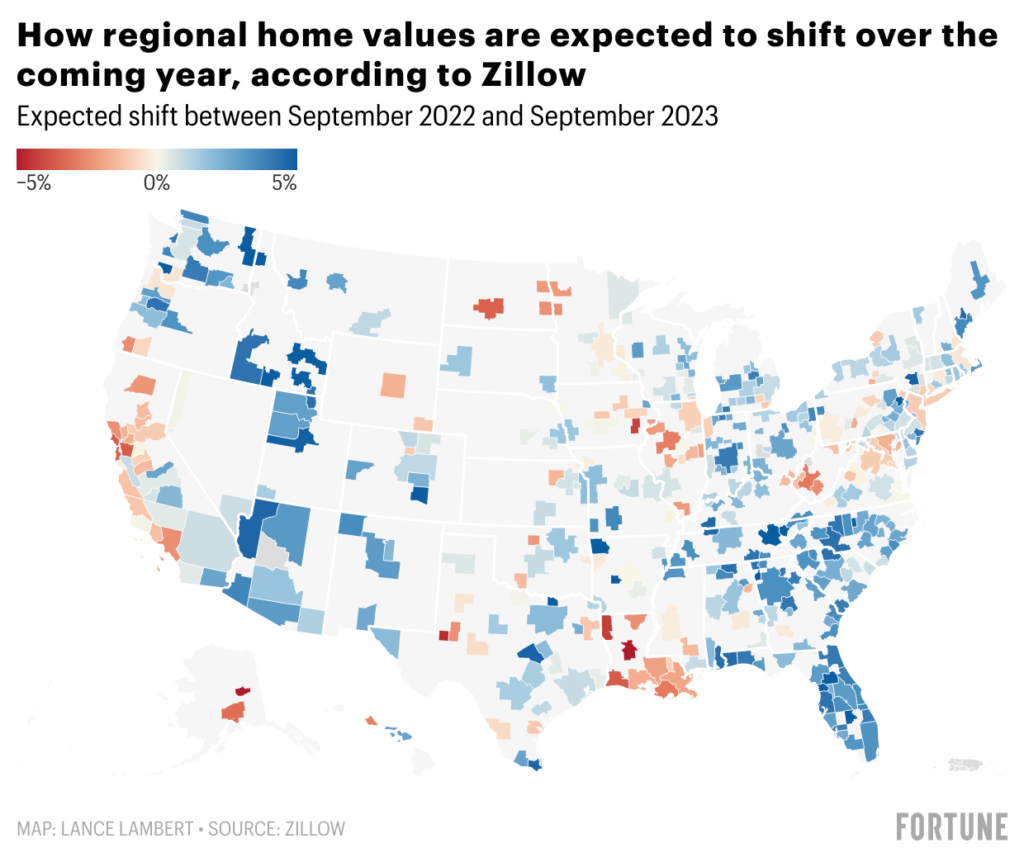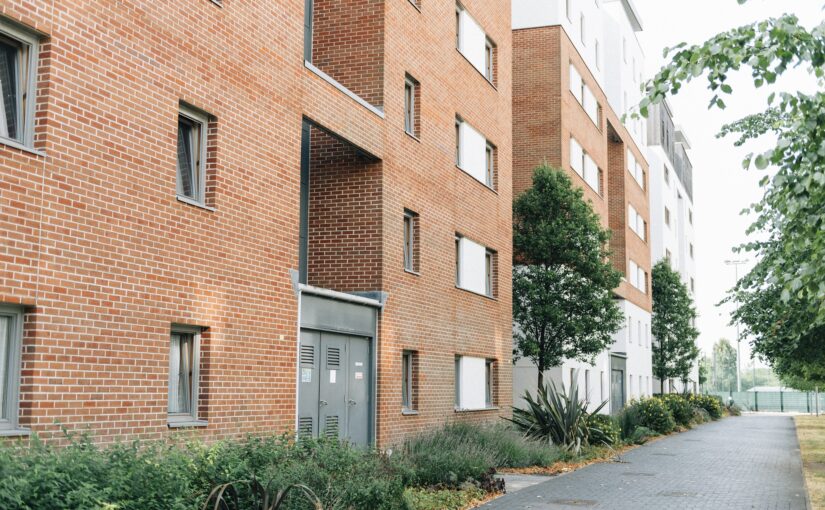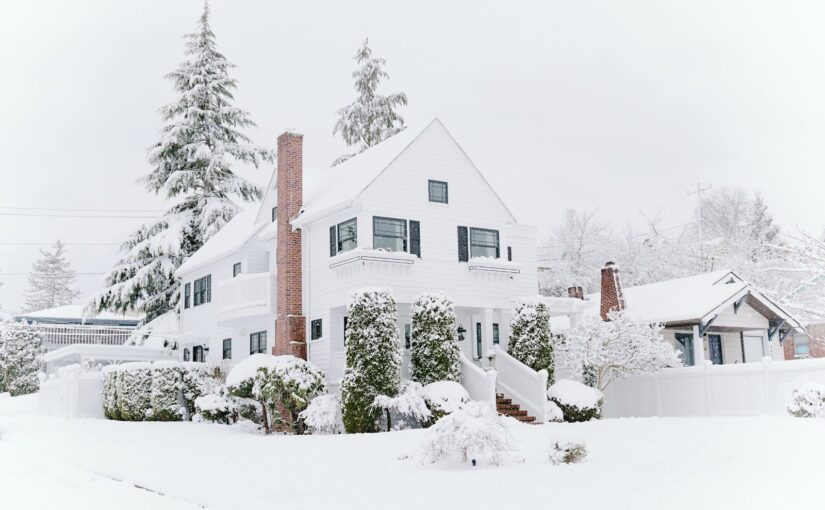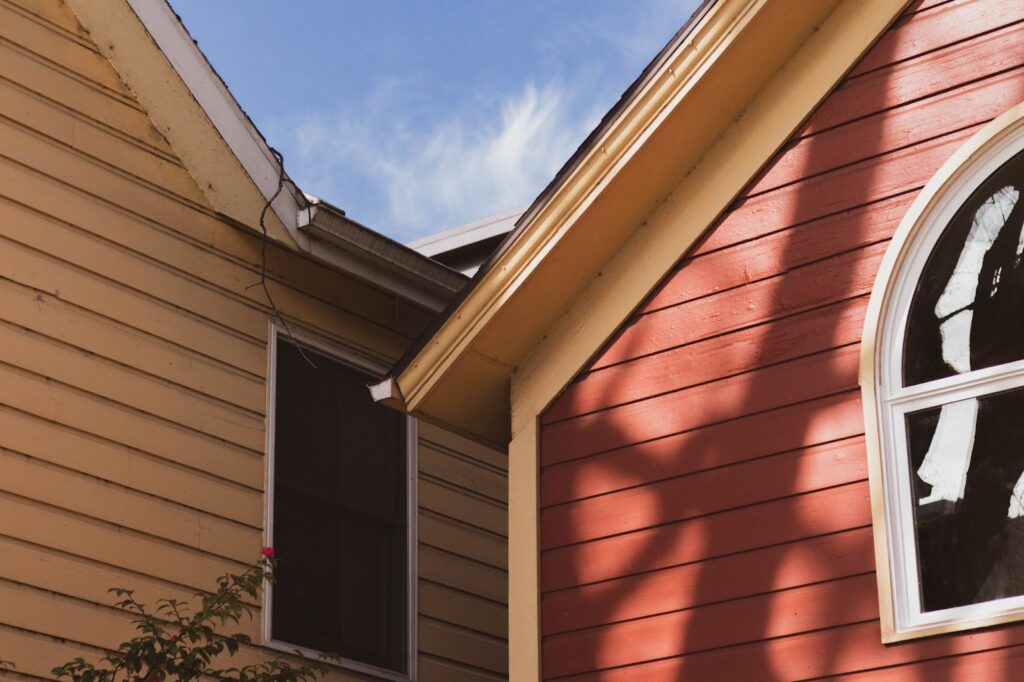Whether you’re a new or experienced property manager, there are key considerations that can contribute to your success in this field.
In this article, we will discuss the ten most important things to consider when managing rental properties. By understanding and implementing these factors, you can enhance tenant satisfaction, maintain property value, and maximize your rental income.
1. Understanding Tenant Screening and Selection
One of the most critical aspects of successful property management is tenant screening and selection. Thoroughly vet potential tenants by conducting background checks, verifying income and employment, and checking references. This process helps you find reliable tenants who are likely to pay rent on time and take care of the property.
2. Setting Competitive Rental Prices
Setting the right rental prices is crucial for attracting tenants and maximizing your income. Research the local rental market, consider factors such as location, property condition, amenities, and comparable rents in the area. For example If you are finding the right Park Place Properties, striking the right balance between profitability and market demand is essential to ensure a steady stream of tenants.
3. Developing and Enforcing Clear Lease Agreements
Clear and comprehensive lease agreements protect both you and your tenants. Include essential terms and conditions, such as rent amount, due dates, maintenance responsibilities, pet policies, and penalties for lease violations. Enforce lease agreements consistently to maintain order and prevent misunderstandings.
4. Prioritizing Property Maintenance and Repairs
Regular property maintenance and prompt repairs are essential to maintain the value of your rental properties and keep tenants satisfied. Conduct routine inspections, address maintenance requests promptly, and stay proactive in preventing potential issues. Taking care of your properties demonstrates your commitment to tenant comfort and safety.
5. Building Strong Relationships with Tenants
Nurturing positive relationships with tenants fosters tenant satisfaction and encourages longer tenancy. Maintain open lines of communication, address concerns promptly, and be responsive to their needs. Building trust and rapport with tenants creates a harmonious rental environment and reduces turnover.
6. Efficient Rent Collection and Financial Management
Establish streamlined rent collection procedures to ensure a consistent and reliable cash flow. Clearly communicate rent due dates, offer convenient payment methods, and promptly address late payments. Implement effective financial management practices, such as tracking expenses, budgeting, and maintaining accurate financial records.
7. Staying Compliant with Rental Laws and Regulations
Compliance with rental laws and regulations is crucial to protect your interests and avoid legal complications. Stay informed about local, state, and federal laws governing rental properties, including fair housing laws, security deposit regulations, and eviction procedures. Regularly update your knowledge to ensure full compliance.
8. Effectively Handling Tenant Complaints and Disputes
Being proactive in addressing tenant complaints and resolving disputes is key to maintaining a harmonious rental environment. Listen actively, take tenant concerns seriously, and work towards finding mutually beneficial solutions. Swiftly addressing issues helps build trust and preserves tenant satisfaction.
9. Implementing Effective Marketing Strategies
Successful rental property management requires effective marketing to attract quality tenants. Utilize online platforms, social media, and local advertising channels to showcase your properties. Use high-quality photos, compelling descriptions, and highlight unique selling points to capture potential tenants’ attention.
10. Continuously Educating Yourself on Industry Trends
The rental property market is constantly evolving, and staying up-to-date with industry trends is vital for successful management. Continuously educate yourself on changes in the market, emerging technologies, and best practices in property management. Attend workshops, and seminars, and join professional associations to expand your knowledge.
FAQs
How can I find reliable tenants for my rental properties?
Finding reliable tenants involves thorough tenant screening. This process helps you identify tenants who are likely to meet their rental obligations and take care of the property.
What should I include in a lease agreement?
A lease agreement should include essential terms such as rent amount, due dates, lease duration, maintenance responsibilities, pet policies, and rules regarding property use. It should clearly outline the rights and responsibilities of both tenants and landlords.
How can I handle late rent payments?
Establish clear rent payment policies and due dates, and communicate them effectively to tenants. If a tenant is consistently late with rent, follow your established procedures for late payment, which may include late fees or a formal notice.
What are the key legal considerations in rental property management?
Key legal considerations include fair housing laws, security deposit regulations, eviction procedures, and compliance with local building codes. It is important to familiarize yourself with the rental laws and regulations in your specific jurisdiction.
How can I effectively market my rental properties?
To effectively market your rental properties, utilize online platforms, social media, and local advertising channels. Use high-quality photos, compelling descriptions, and highlight the unique features of each property to attract potential tenants.
Conclusion
Managing rental properties requires careful consideration of various factors. By understanding the importance of tenant screening, setting competitive rental prices, developing clear lease agreements, prioritizing maintenance and repairs, building tenant relationships, ensuring efficient rent collection, staying compliant with laws, addressing tenant concerns, implementing effective marketing strategies, and continuously educating yourself, you can excel in rental property management. Embrace these considerations to create a positive rental experience for both you and your tenants.
Author: M. Rubayet





















